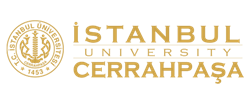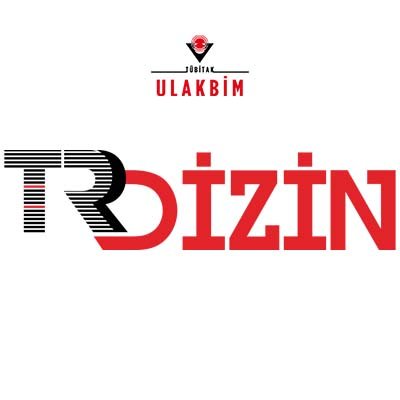The aim of this research is to determine the heart rate range and maximum oxygen consumption capacities of male football players between the ages of 18–19, in a state of adequate sleep (8 hours) and sleep deprivation all night, at similar training intensities. Fifteen male football players from Gaziantep Football Club (age: 18.6 years; training age: 9.5 years; weekly training time: 7.5 hours) participated in the study voluntarily. In the first session, the subjects’ resting pulses were recorded after an 8-hour night’s sleep, and after determining the running speeds (km/h) corresponding to 60%-65% of their heart rates, heart rate range measurements were performed on the treadmill. Forty-eight hours after the first session was completed, the subjects were kept sleepless throughout the night and repeated the same test. As a result of the tests performed in cases of adequate sleep and sleep deficiency, a statistically significant difference was determined in the heart rate and VO2max measurement results after 8 hours of sleep. One week later, VO2max tests were performed after 8 hours of sleep and a completely sleepless night. When the test results of the participants on two separate occasions were compared, statistically significant differences were detected in the VO2max measurement
results. When the study results are evaluated, it can be said that lack of sleep negatively affects football performance.
Cite this article as: Koçarslan, A., & Yapıcı, A. (2025). Uyku eksikliğinin futbolcularda benzer antrenman Şiddetinde kalp atım Hızı aralığı ve maksimum oksijen Tüketim kapasitesine etkilerinin İncelenmesi. Research in Sports Science, 15, 0041, doi: 10.5152/rss.2025.24041.


.jpg)


.png)


